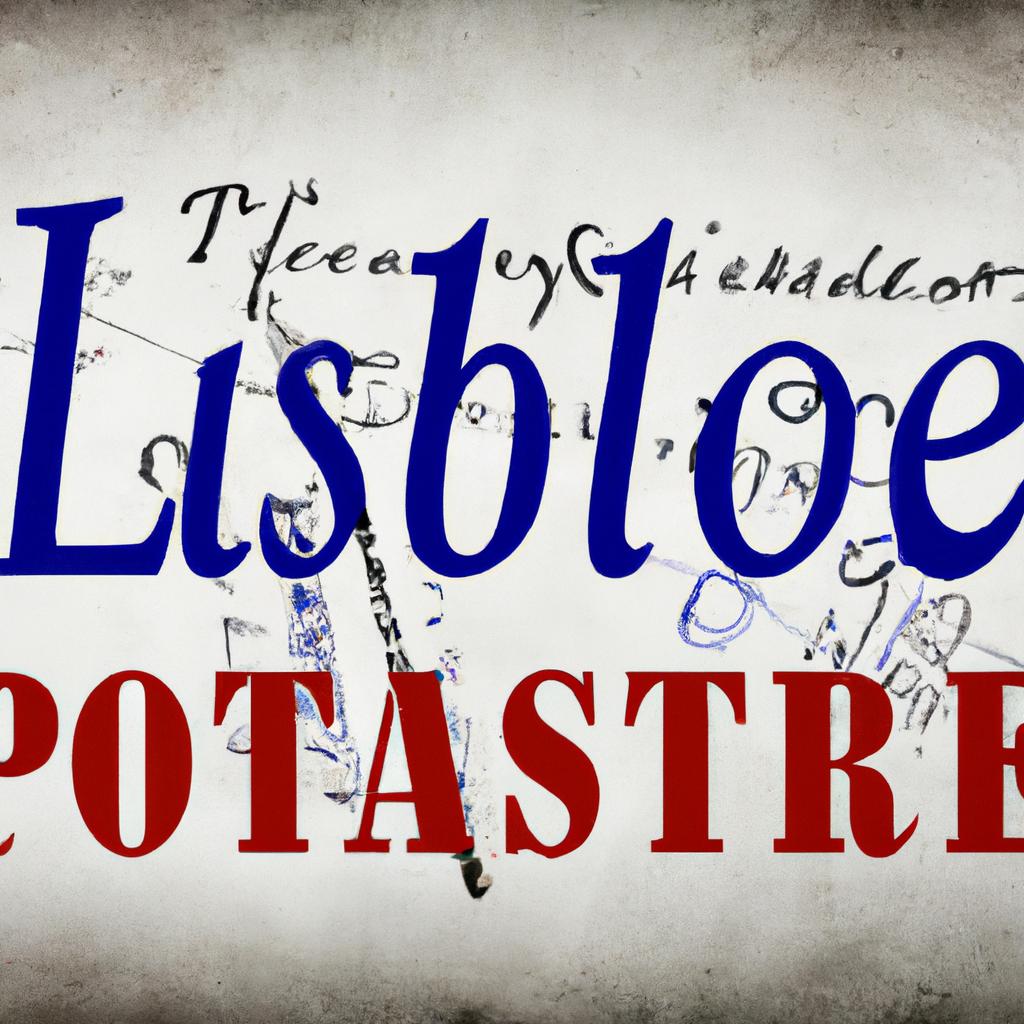In the intricate world of estate planning and probate administration, navigating the complexities of probate estate loans can often prove daunting for the uninitiated. At Morgan Legal Group in New York City, our experienced team of legal professionals specializes in providing comprehensive guidance and support in matters relating to estate planning, probate, elder law, Wills, and trusts. In this article, we will delve into the intricacies of probate estate loans, offering clarity and insight for those seeking financial assistance amidst the probate process.
Understanding Probate Estate Loans
Probate estate loans can be a valuable tool for heirs and beneficiaries who are in need of immediate liquidity during the probate process. Understanding how these loans work is essential for those navigating the complexities of estate settlement.
At Morgan Legal Group, we specialize in guiding our clients through the probate process, including the option of probate estate loans. Here are some key points to consider:
- Probate estate loans provide heirs with upfront cash based on the value of their inheritance.
- These loans are secured by the estate’s assets, not the personal credit of the heir.
- Repayment is typically made once the estate is settled, with the loan amount plus interest deducted from the inheritance.

Benefits of Obtaining a Probate Estate Loan
There are numerous benefits to obtaining a probate estate loan for beneficiaries of an estate. One of the primary advantages is that it allows beneficiaries to access their inheritance quickly, rather than waiting for the probate process to be completed, which can often take months or even years. This can be particularly helpful for beneficiaries who may be in need of immediate funds to cover expenses such as funeral costs, medical bills, or other financial obligations. Additionally, obtaining a probate estate loan can help to alleviate financial stress and uncertainty during a difficult and emotional time.
Another benefit of obtaining a probate estate loan is that it can help to avoid the need to sell off valuable assets from the estate in order to cover expenses. By providing beneficiaries with access to funds, a probate estate loan can allow them to retain ownership of assets such as real estate, valuable personal property, or investments that may have sentimental or financial value. This can help to preserve the estate’s assets and ensure that beneficiaries are able to receive their full inheritance once the probate process is complete.

Factors to Consider Before Applying for a Probate Estate Loan
When considering applying for a probate estate loan, there are several important factors that should be taken into account to ensure a smooth and successful process. One key factor to consider is the value of the estate. It is essential to have a clear understanding of the total value of the estate before applying for a loan, as this will help determine the amount that can be borrowed. Additionally, it is important to consider the timeline of the probate process. Understanding the timeline will help in determining the duration for which the loan will be needed.
Another important factor to consider is the interest rates and repayment terms of the loan. It is crucial to carefully review and compare the interest rates offered by different lenders, as well as the repayment terms, to ensure that they are favorable and manageable. Additionally, it is advisable to consult with a probate estate attorney to understand any potential legal implications of taking out a loan against the estate. By carefully considering these factors, individuals can make informed decisions when applying for a probate estate loan.

Recommendations for Successfully Navigating the Probate Estate Loan Process
When it comes to navigating the probate estate loan process, there are several key recommendations to keep in mind. One important tip is to gather all necessary documentation before applying for the loan. This includes the death certificate, will, inventory of assets, and any other relevant paperwork. Having these documents ready will expedite the loan approval process.
Another crucial recommendation is to work with a reputable probate estate loan provider. Choosing a company with experience in handling probate cases can help ensure a smooth and efficient lending process. Additionally, seeking guidance from a qualified probate attorney can provide valuable insights and assistance throughout the loan application process.
Q&A
Q: What is a probate estate loan?
A: A probate estate loan is a type of loan that allows beneficiaries of an estate to access funds before the probate process is completed.
Q: How does a probate estate loan work?
A: The loan is secured by the estate’s assets, typically the property that is being probated. Once the loan is approved, beneficiaries can receive a lump sum or installments to cover expenses while waiting for the estate to settle.
Q: What are the benefits of a probate estate loan?
A: Probate estate loans can provide immediate access to funds for beneficiaries who may be struggling with financial responsibilities during the probate process. It can also help to cover estate taxes, debts, and other expenses that arise.
Q: Are probate estate loans risky?
A: Like any loan, there are risks associated with probate estate loans, such as potential high interest rates and fees. It’s important for beneficiaries to carefully consider their options and consult with legal and financial professionals before obtaining a probate estate loan.
Q: Can anyone apply for a probate estate loan?
A: Typically, only beneficiaries of an estate who are entitled to inherit assets can apply for a probate estate loan. Lenders will evaluate the estate’s assets and the beneficiary’s ability to repay the loan before approving the application.
Q: How long does it take to receive funds from a probate estate loan?
A: The timeline for receiving funds from a probate estate loan can vary depending on the lender and the complexity of the estate. In some cases, beneficiaries can receive funds within a few days of approval.
The Way Forward
In conclusion, probate estate loans can provide a valuable solution for heirs and beneficiaries facing financial challenges while settling an estate. By leveraging the assets of the estate, individuals can access funds quickly and easily to cover expenses during the probate process. If you find yourself in need of financial assistance during this difficult time, consider exploring the option of a probate estate loan to help alleviate some of the stress and uncertainty. Remember to consult with a financial advisor or probate attorney to ensure that this is the right choice for your specific situation. Thank you for reading.
 What is a Probate Estate Loan and How Can it Help You?
What is a Probate Estate Loan and How Can it Help You?
Managing and distributing an inheritance after the passing of a loved one can be a complicated and emotionally challenging process. This is especially true when it comes to settling debts and taxes on their estate, which can often result in a lengthy probate process. However, there is an option available to heirs and beneficiaries that can help alleviate the financial burden of an estate in probate – a probate estate loan.
In this article, we will delve into the details of what a probate estate loan is, how it works, and the many benefits it can provide to those inheriting an estate.
What is a Probate Estate Loan?
A probate estate loan, also known as a probate advance or probate financing, is a financial product specifically designed to assist heirs and beneficiaries of an estate in probate. It is essentially a cash advance given to the beneficiaries to cover any expenses or debts associated with the estate while the probate process is underway.
When someone passes away, their assets and debts are managed and distributed through a legal process known as probate. This process can often take months or even years to complete, leaving heirs and beneficiaries in a financial bind as they wait for their inheritance.
A probate estate loan offers a solution to this problem by providing beneficiaries with the funds they need to cover any immediate expenses, such as funeral costs, legal fees, or debts left behind by the deceased. This allows beneficiaries to access their inheritance without having to wait for the probate process to be completed.
How Does it Work?
Before approving a probate estate loan, a lender will evaluate the estate to determine the expected timeline of the probate process and the potential value of the inheritance. The loan amount is then based on a percentage of the expected inheritance, typically ranging from 10% to 50%.
Once approved, the loan amount is usually disbursed to the beneficiary within a few days. The loan is then repaid once the probate process is complete and the beneficiary receives their full inheritance. In some cases, the lender may also require a small fee or interest on the loan amount.
Benefits of a Probate Estate Loan
1. Accessibility of Funds
One of the main benefits of a probate estate loan is the immediate access to funds for beneficiaries. This can be particularly useful for those who may have urgent expenses, such as funeral costs or outstanding bills. With a probate estate loan, beneficiaries do not have to wait for the completion of the probate process to access their inheritance.
2. No Personal Liability
Since a probate estate loan is based on the expected value of the inheritance, beneficiaries are not personally liable for the loan. The loan is repaid solely from the inheritance once it is received, meaning there is no risk or financial burden on the beneficiaries.
3. Flexibility
Unlike traditional loans, probate estate loans do not require a credit check or proof of income. This makes it an ideal option for beneficiaries who may not have a good credit score or steady income. Additionally, the loan can be used for any purpose, giving beneficiaries the flexibility to cover any expenses related to the estate.
Practical Tips for Getting a Probate Estate Loan
1. Do Your Research
With a growing number of probate finance companies offering estate loans, it is essential to do your research and compare rates and terms from different lenders. Look for reputable companies with a track record of providing quality service and transparent terms.
2. Understand the Loan Terms
Before agreeing to a probate estate loan, make sure you fully understand the terms and any potential fees or interest. Consult with a financial advisor or attorney if necessary to ensure you are making an informed decision.
3. Plan Your Repayment
While a probate estate loan does not require monthly payments, it is important to have a plan in place for repaying the loan once the probate process is complete. This may include setting aside a portion of the inheritance or exploring other financing options.
Real-Life Case Study: How a Probate Estate Loan Helped Mary
Mary had just inherited her late father’s estate, which was currently in probate. She was struggling to pay for the funeral expenses and legal fees associated with the estate. As the probate process was expected to take several months, Mary was worried about her financial situation and the possibility of incurring additional costs.
With the help of a probate estate loan, Mary was able to access a portion of her inheritance to cover the immediate expenses. This allowed her to focus on the probate process without the added stress of financial burdens. Once the probate process was complete, Mary repaid the loan and received her full inheritance, ensuring a smooth and stress-free transition.
In Conclusion
A probate estate loan can be a valuable financial tool for those inheriting an estate in probate. It provides beneficiaries with much-needed funds to cover expenses while they wait for the probate process to be completed. However, it is important to thoroughly research and understand the terms and potential fees of a probate estate loan before taking one out. Consulting with a financial advisor or attorney can also help ensure that you are making the best decision for your circumstances.

